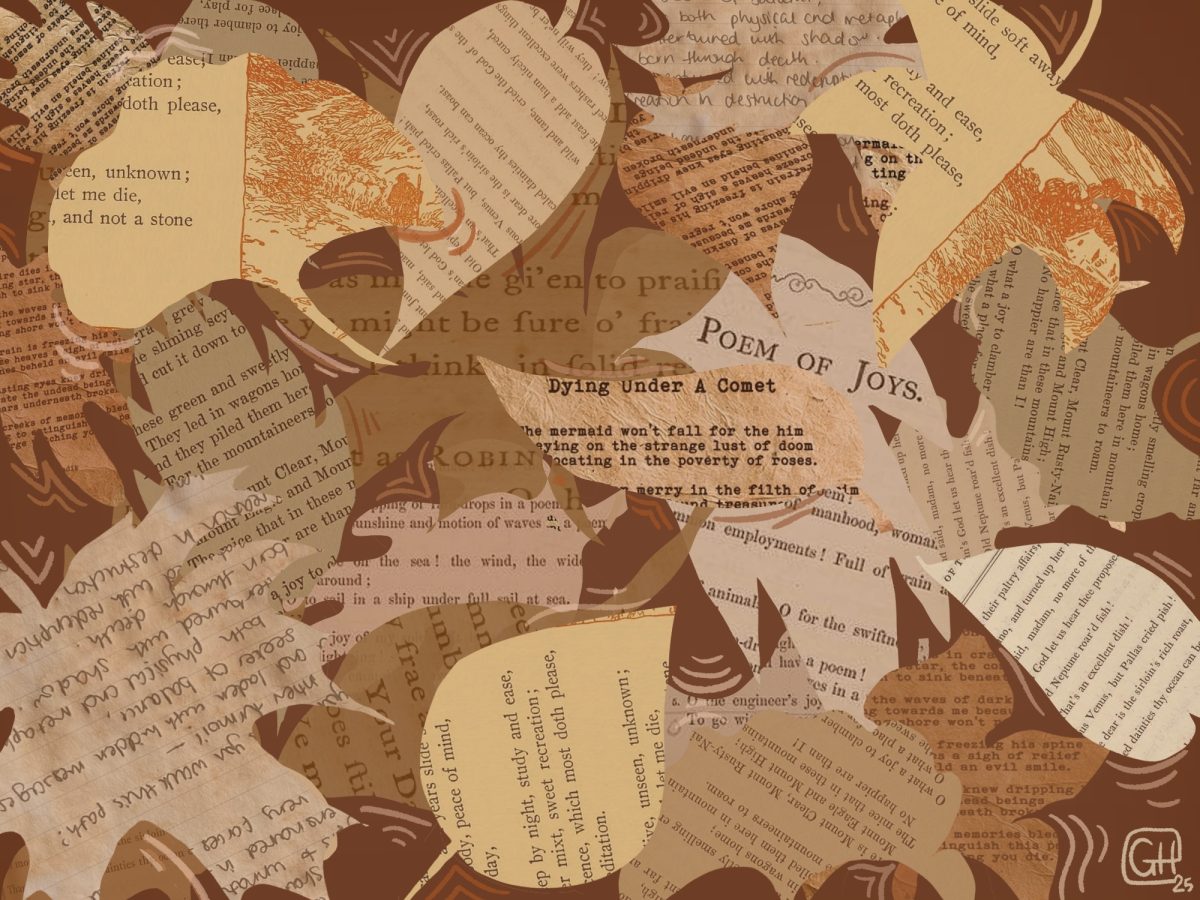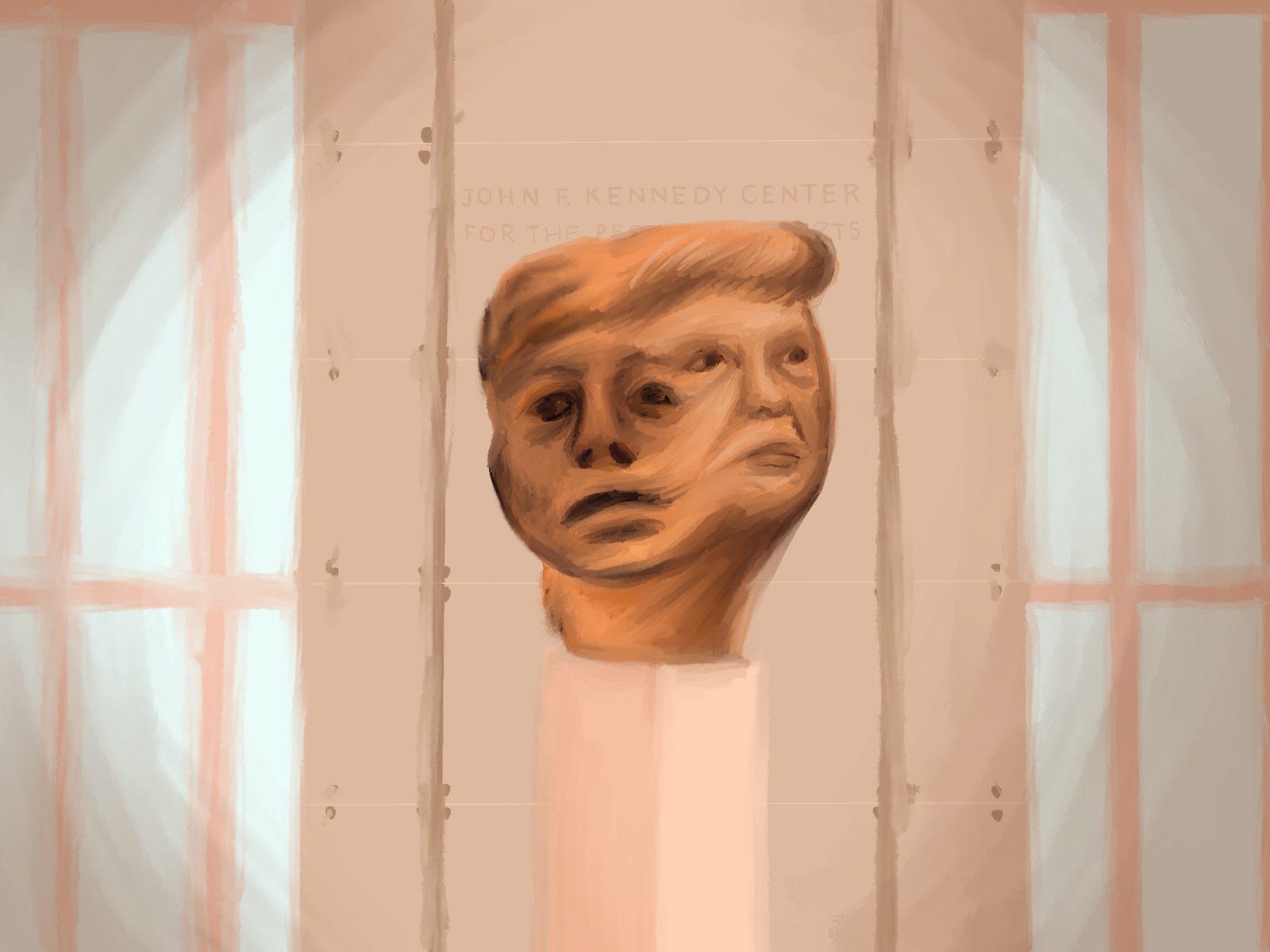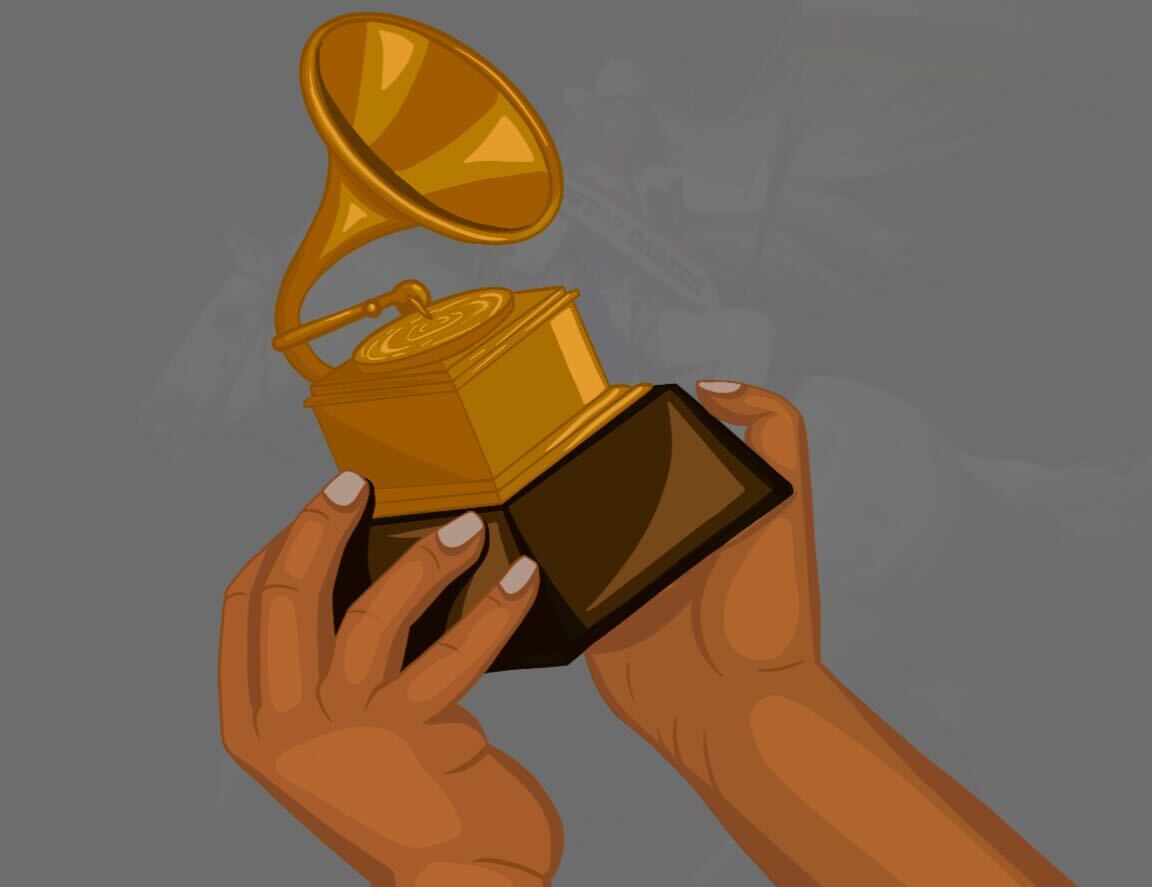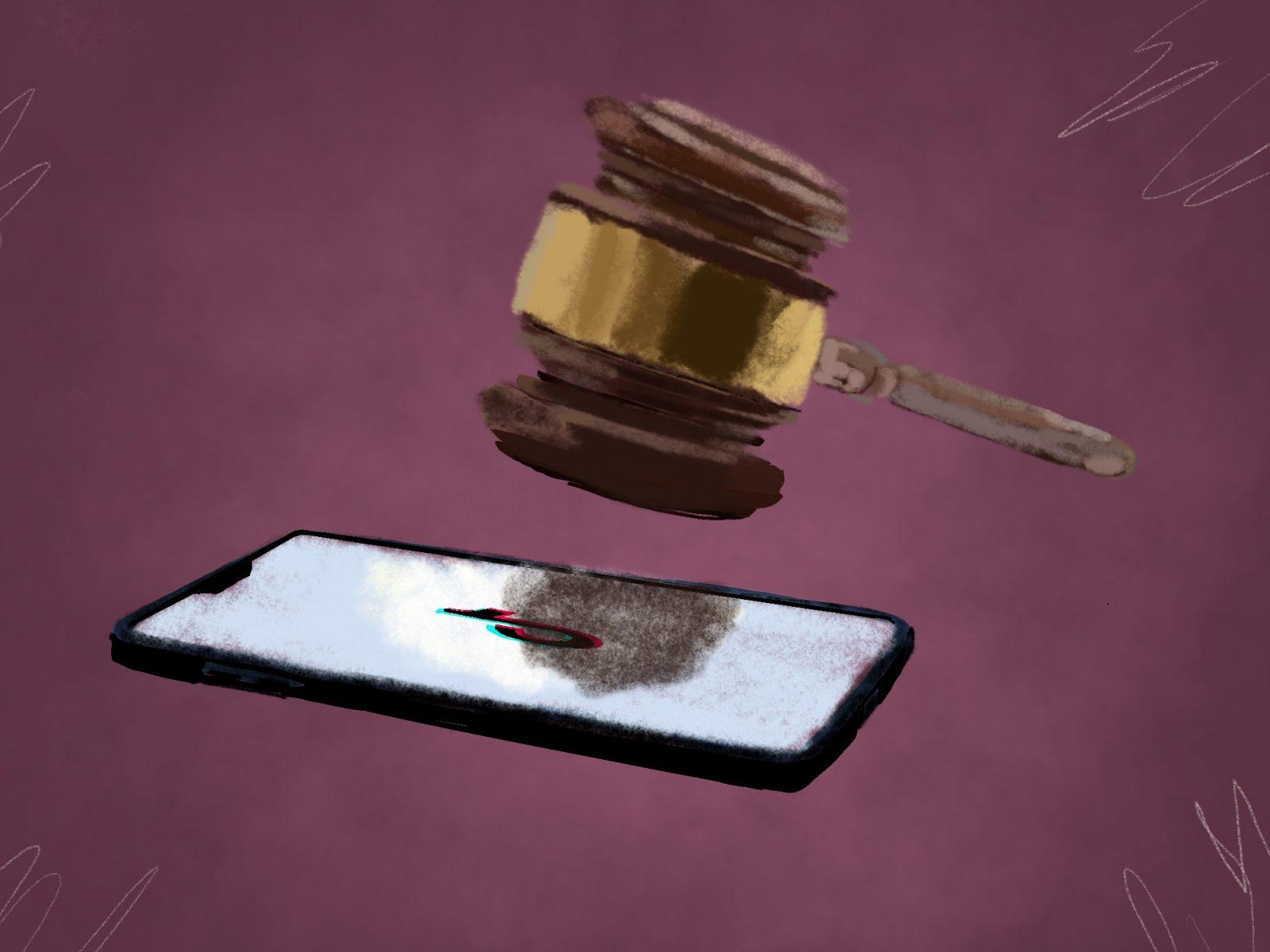Everyone is talking about Geese.
On Sept. 26, the rock band released their third studio album to critical acclaim and played a mobbed surprise show in Brooklyn the following day. They performed on “Jimmy Kimmel Live,” and the New York Times wrote an article about them — even if it was meant to clear up confusion between them and Goose. Cillian Murphy mentioned them in an interview, and Anne Hathaway did so in an Instagram post.

It’s been an eventful few weeks for a band that not too many years ago was made up of scraggly high school kids planning to disband so they could pursue college degrees. Thank God they didn’t, because we wouldn’t have gotten songs like “Cobra” and the kind of cultural conversation that can only be generated by posts like these.
Just as is expected when a new-ish band makes a great record, there are questions of whether or not they’ve just entered the canon of the “instant classic.” It’s happening with “Getting Killed,” in the same way it happened — albeit on a larger scale — when Beyonce released “Lemonade,” when Kendrick Lamar released “To Pimp a Butterfly” and when Radiohead released “In Rainbows.” The list just goes on.
Our instinct is to discredit these reactions as being overexcited drivel. We like to lionize the past, and with that comes the feeling that no modern musician should ever be compared or considered an instant classic. “Instant classic” has never been my favorite oxymoron, but I disagree with those that reserve the highest ranks of music for albums that came out before the new millennium.
One of the best parts of being a die-hard music fan is the predisposed tendency toward exaggeration. Of course, you feel like your favorite band is the best of all time — it’s your band. Part of loving an artist is disagreeing with their critics and charts, blowing them up to the proportion you believe they deserve. In believing in an album or an artist, you take partial ownership in the work that they create — lists or critics be damned.
Last year, Apple Music released its “100 Best Albums” list, and the same kind of critical reactions arose — mostly because a lot of great older albums were neglected in favor of some newer ones.
Granted, there were some questionable choices — I wish I was a fly on the wall when they decided to put “1989” above “Pet Sounds.” But I appreciated their effort to equally prioritize modern music and the classics simultaneously, rather than caving to the predisposed notion that older automatically means better.
People who know me know that music made before the year 2000 occupies the majority of my listening time, so by no means am I bashing the bona fide classics. But so much incredible music has been made in the past decade alone. Great records of the past shouldn’t cast a permanent shadow over great records of the future. Their legacies deserve to live in harmony.
If we want musicians to continue making great, fresh rock music, we have to let their fans overreact accordingly. Let us not forget that when The Beatles first came to America in 1964, the mere presence of the band set off a frenzy across the country. And that was before they even put out “Rubber Soul.”
As our most popular artists regurgitate their material into variations upon variations, doesn’t it feel really nice to see a lot of people giving some attention to a band without all of that energy and money behind it?
I don’t know if Geese is the band destined to lead us into the next era of great rock. But the hope sure does feel good.




























































































































